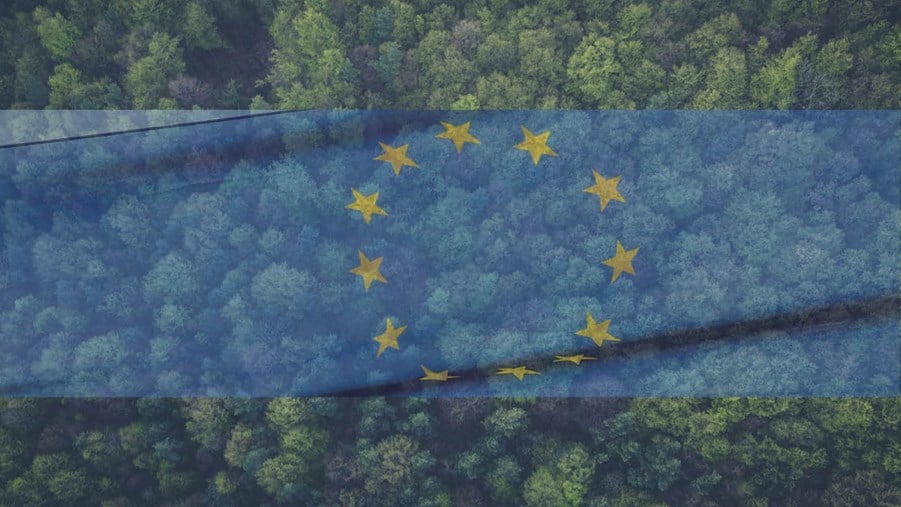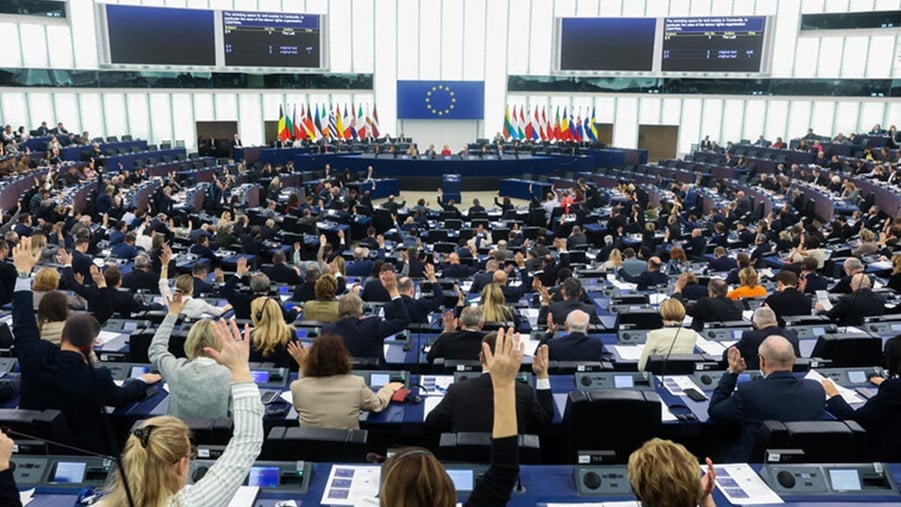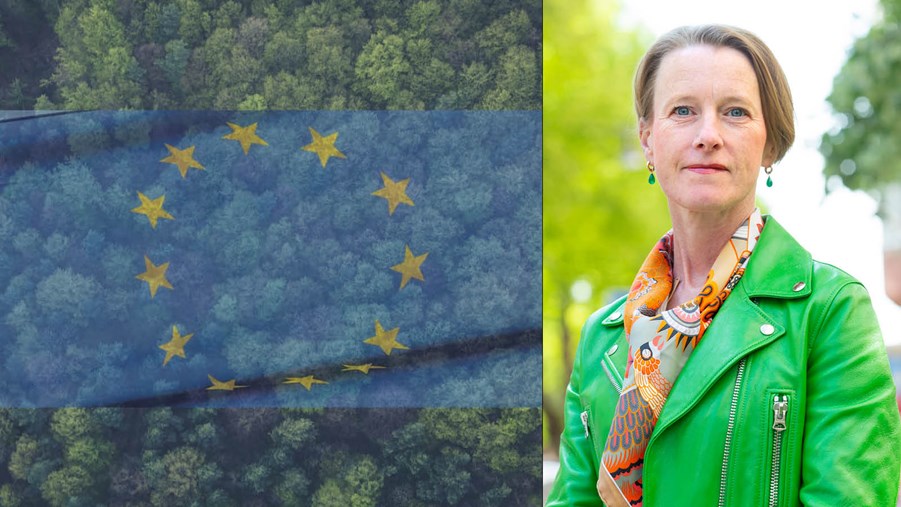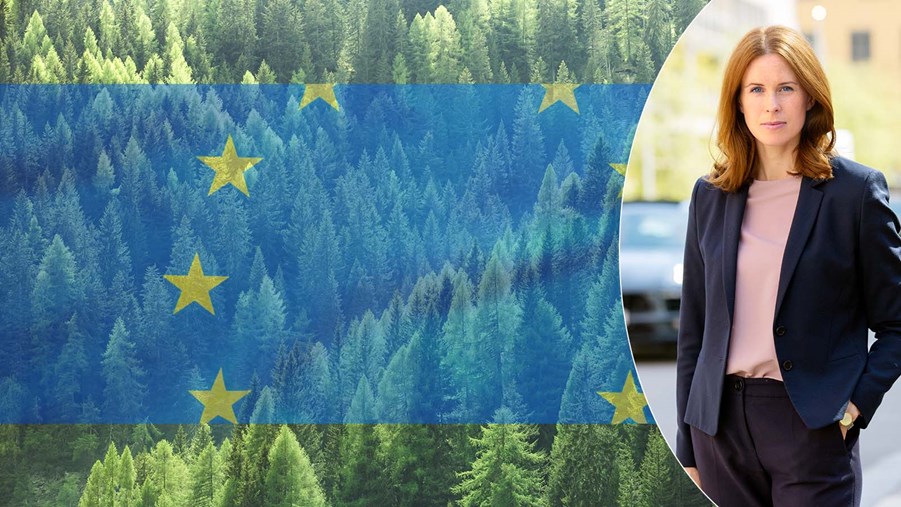
The EU Deforestation Regulation (EUDR), which replaces the bloc’s Timber Regulation, entered into force in June 2023. The main provisions of the regulation will apply from December 30th, 2025. SFIF supports the regulation's overarching aim of preventing deforestation and forest degradation associated with a number of specific raw materials and products, primarily agricultural crops and livestock, wood and fibre products, and solid biofuels. The law applies to operators (producers) and traders who place such products on the EU market or export them from the EU.
Under the regulation, companies must apply due diligence when producing products in order to avoid deforestation and forest degradation. This is done by i.e. by collecting geolocation data on raw materials and assessing the risk of deforestation. Companies must also submit due diligence statements to an EU information system where authorities and customers are able to review such information. The system also creates a reference number which can be passed on to customers.
What is happening at the moment?
The European Parliament and the Council have approved an additional 12-months phase-in time, meaning that the rules will enter into application on 30 December 2025.
This follows the great uncertainty over how the regulation will work in practice and the widespread criticism from affected industries all over the world, with calls for implementation to be postponed and for the flaws in the regulation to be addressed.
SFIF welcomes one extra year for implementing the EU deforestation law and has consistently emphasised the infeasibility of implementing the regulation by the end of 2024. The delay is a necessary step and provides an opportunity to urgently clarify remaining questions and allow companies, competent authorities and the European Commission time to ensure proper implementation of this important piece of legislation.
What do affected companies need to do?
The Swedish Forest Industries Federation believes that Swedish companies under the scope of the regulation need to prepare the following measures before the end of this year (assuming no announcement is made regarding an extended implementation period):
- Comprehensive due diligence system to minimize the risk that raw materials have caused deforestation or forest degradation and ensure that relevant laws in the country of production are followed. The system is likely to overlap with existing certification systems and the EU Timber Regulation. Risk assessment and risk mitigation are not needed for Swedish raw materials if Sweden is classified as a low-risk country.
- System for submitting a due diligence statement for raw materials well ahead of any harvesting operation.
- System for submitting a due diligence statement for finished products, including a traceability model linking incoming raw materials to finished products. The Swedish Forest Industries Federation is currently developing proposals for traceability models but is waiting for clarifications from the Commission and comptetent authorities.
- Systems for saving relevant information. Documentation that the raw material was placed on the market before December 30th, 2024, if it is to be used in products that are placed on the market after the end of the year.
- Be prepared for review by the Swedish Forestry Agency, which is the competent authority for the EU Deforestation Regulation.
Issues we believe need to be addressed before the Deforestation Regulation can be fully implemented:
- How will traceability through industries and logistics facilities work? The Swedish Forest Industries Federation is developing a set of practical, easy-to-implement solutions.
- What information should be sent to customers in addition to reference numbers? Much suggests that geolocation data do not need to be forwarded to customers, and the Commission has communicated this is built into the design of the EU information system where such information can be concealed from the customer.
- How are liability and sanctions limited to operators who violate the regulation, as well as to the actual volume of uncompliant raw material or product? This is partly decided by the Swedish Forestry Agency in a Swedish context, but this needs further clarification in the Commission’s guidance.
- What do the assessment criteria for forest degradation look like and what sanctions will apply in Sweden? This is to be defined in the Swedish process of how to adapt Swedish law to the regulation.
- What constitutes relevant legislation in Sweden and what documentation is required? This is to be defined in the Swedish process of how to adapt Swedish law to the regulation.
Where can I find more information about the Deforestation Regulation?
The Swedish Forest Agency website – Deforestation Regulation (in Swedish)
EU Commission website – Deforestation Regulation implementation (europa.eu)


